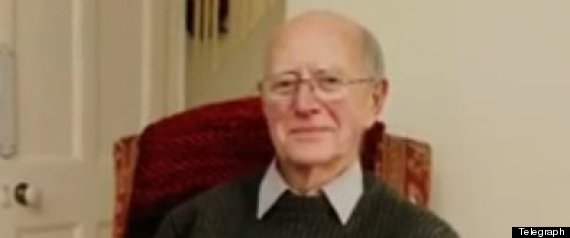Alun Morgan, Englishman, Wakes Up From Stroke, Can Speak Only Welsh

An Englishman recently recovered from a stroke and awoke to find himself only able to speak in a language he says he never formally learned.
Alun Morgan, 81, grew up speaking English, but lived in Wales temporarily when he was evacuated there during World War II. He lived there for only a few months, according to the Independent, though theBBC reported he was a resident for four years.
Either way, he "learned a bit of Welsh" while living there, but says he had not spoken the language for 70 years, though his wife speaks it fluently.
Following his stroke,Morgan was in a coma for three weeks, according to the Telegraph. When he finally regained consciousness, he was speaking Welsh, though he did not realize at the time he wasn't talking in his native tongue.
"I just spoke away. It wasn't until my wife told me what was happening I expressed some surprise," he told the BBC on Thursday.
The Bath resident told the station he "got up two or three days later and spoke English again," though he still has "a few problems" relating to speech. According to the Mail Online, Morgan said that "English words came back gradually, but it wasn't easy." He has reportedly been taking speech lessons to regain completely control over the language.
He has also stated that he has now "almost forgotten" Welsh again.
Joe Korner of the Stroke Association told the Independent that aphasia -- a disorder that impairs an individual's ability to communicate and process language -- is one of several language issues that can occur after a stroke.
However, he noted, while some stroke survivors lose language skills or struggle to recall words, a small number may unlock language abilities they did not realize they had.
"We believe the damaged brain finds new pathways, which unlock memories or knowledge that is latent but not expressed," Korner said.
No comments:
Post a Comment